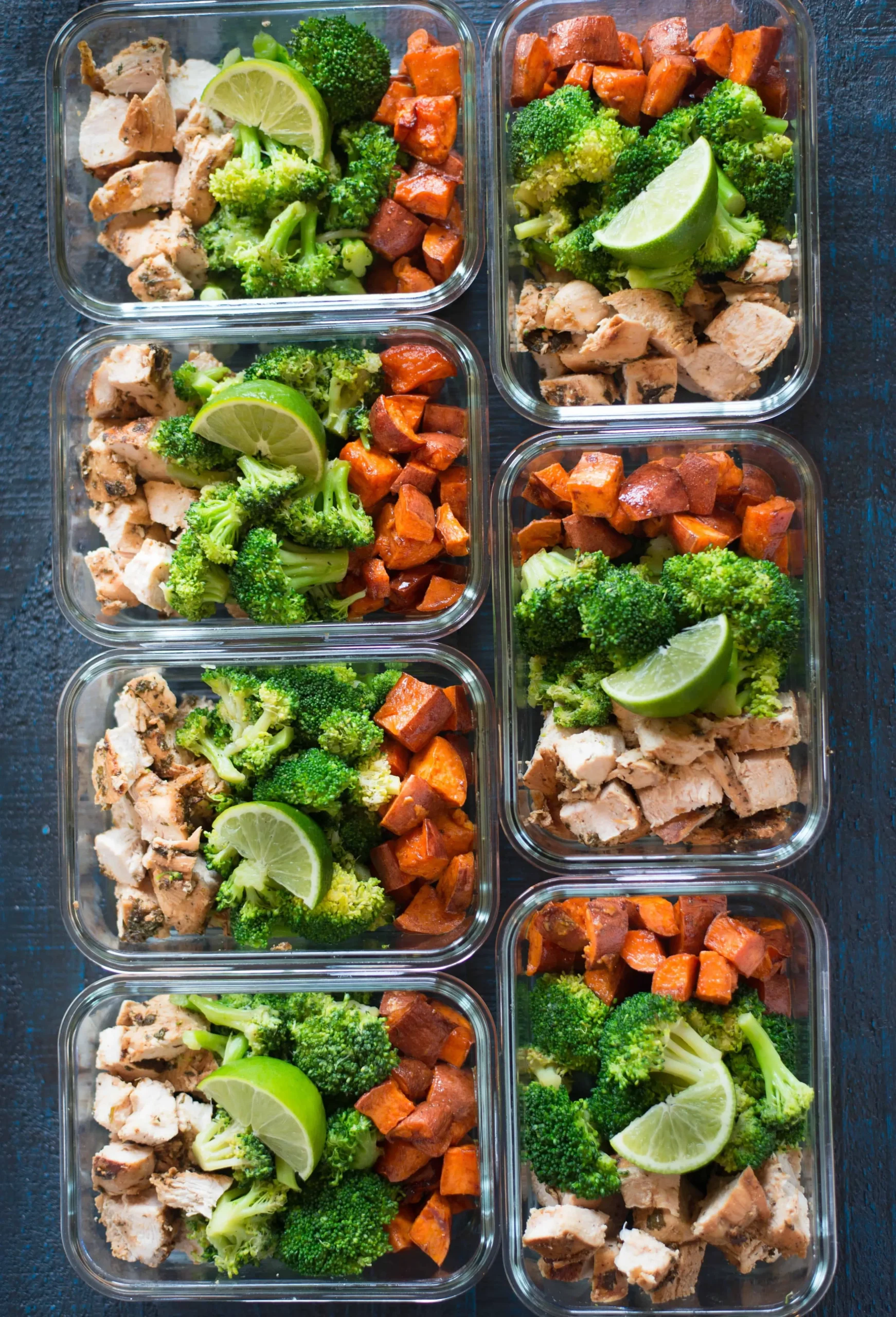
Artificial intelligence (AI) has emerged as a transformative force across various sectors, reshaping how we live, work, and interact with technology. From self-driving cars to intelligent personal assistants, AI systems are increasingly integrated into our daily routines, promising unprecedented efficiency and innovation. However, as we embrace these advancements, it is crucial to navigate the accompanying ethical considerations and potential societal impacts, ensuring that the integration of AI benefits all. This exploration of AI not only highlights its capabilities and applications but also prompts us to reflect on the responsibilities that come with such powerful tools.
The Benefits of Meal Prepping for Healthy Eating
Meal prepping offers numerous benefits for those seeking to maintain a healthy diet. By planning and preparing meals in advance, individuals can save time during the hectic week while ensuring they have nutritious options readily available. This practice can significantly reduce reliance on unhealthy convenience foods, as having pre-made healthy meals increases the likelihood of sticking to dietary goals. Additionally, meal prepping can help manage portion sizes—important for weight management—by allowing you to measure servings accurately at the outset. As a result, it not only promotes better nutrition but can also contribute to financial savings from reduced food waste and fewer last-minute takeout orders. Key to successful meal prepping is organization; employing techniques such as batch cooking or using clear storage containers can streamline the process and make meal selection easier throughout the week.
Another often-discussed aspect of meal prepping is its potential to spark creativity in the kitchen. With a refrigerator stocked with prepped ingredients, individuals can experiment with different flavor combinations or swap out ingredients without the pressure of time. This flexibility not only keeps meals interesting but may inspire a healthier palate over time. Furthermore, meal prepping can align with dietary restrictions or preferences—making it simpler for individuals with specific nutritional needs, such as gluten-free, vegetarian, or low-carb diets, to adhere to their requirements. Enhancing meal prep with fresh herbs and spices can elevate not only the nutritional value but also the taste, making healthy eating a more enjoyable experience.
Essential Tips for Successful Meal Prep
To get started with meal prepping, one of the first steps is crafting a weekly meal plan. This plan should include a variety of proteins, whole grains, and plenty of vegetables to ensure a balanced diet that is visually appealing and satisfying. Consider incorporating staple ingredients that can be used across multiple meals; for example, quinoa can serve as both a base for a salad and a side dish to pair with grilled chicken. Shopping with a focused list derived from your meal plan also helps prevent impulse buys of unhealthy snacks. As you begin prepping, invest in quality meal prep containers that are both microwave and dishwasher safe; these will make reheating meals simpler and cleanup a breeze. Keeping in mind these organizational tactics can drastically improve not just the efficiency, but also the enjoyment of the meal prep process.
It’s also vital to incorporate variety into your meal prep routine to prevent boredom and plateaus in progress. Try rotating different protein sources such as chicken, fish, tofu, or legumes throughout the week, and alternate between a range of vegetables to maximize nutrient intake. Moreover, experimenting with different prep methods such as roasting, grilling, or even slow cooking can add another layer of excitement to meals. For those interested, watching meal prep tutorials online, like the video found [here](#), can provide inspiration and practical advice from experienced cooks. In conclusion, successful meal prepping hinges on planning and experimentation; utilizing these techniques can empower individuals to lead healthier lifestyles with ease.
Overcoming Common Meal Prep Hurdles
Many people find that one of the biggest obstacles to meal prepping is time management, especially when juggling a busy schedule. It can initially feel overwhelming to dedicate a chunk of time to meal prep, but with a bit of strategy, it can become a streamlined part of your routine. Setting aside a couple of hours on the weekend, or even breaking it down into 30-minute sessions throughout the week, can make the process manageable. Using a slow cooker or instant pot can also save time, allowing you to prepare meals effortlessly while you focus on other tasks. As you gain confidence, you’ll begin to notice that a little preparation can go a long way in fostering a lifestyle of healthy eating.
Another challenge can be maintaining the freshness and quality of meals throughout the week. To combat spoilage, it’s important to understand which foods last longer and which don’t. For instance, cooked grains can generally last longer without losing taste or texture, while leafy greens may wilt sooner. One useful practice is to store dressings separately from salads until you’re ready to eat. Also, consider freezing portions of meals that you anticipate won’t be consumed in a few days; this way, you have healthy meals available at a moment’s notice. Proper storage techniques not only maximize freshness but also reduce food waste, aligning with both environmental and health-conscious goals.
In summary, we explored the essential principles surrounding effective communication, emphasizing the importance of clarity, active listening, and empathy in fostering meaningful interactions. We discussed how these elements not only enhance personal relationships but also improve professional dynamics, leading to more productive collaborations. As we conclude, it is vital to remember that communication is not merely about exchanging information; it is about building connections and understanding one another. By embracing these principles in our daily lives, we can create a more harmonious and cooperative environment, enriching our experiences and those of others.




